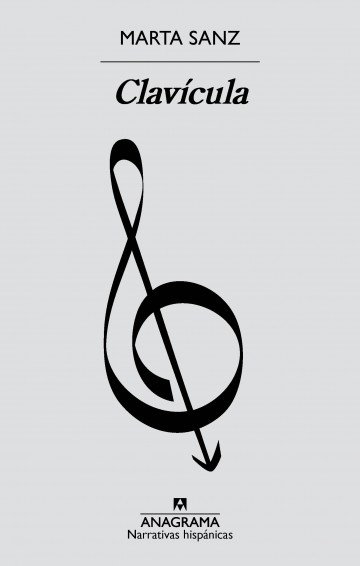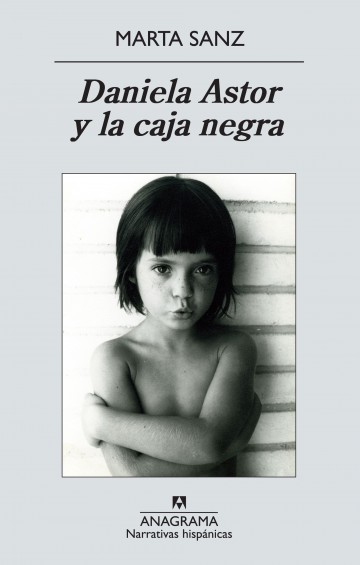| PAGES | 200 |
| SERIES | Narrativas hispánicas |
| PUBLICATION | 28/03/2018 |

SERIES:Narrativas hispánicas
In this triangular tale, Raymond observes the conjugal happiness of Adrián and, his ex-girlfriend Lala, and cannot bear what he sees. He then decides to intervene, in disguise and with an evocative look. Raymond wears a false beard, but even the smallest deceptions can have horrendous side effects. The danger becomes even more intense when Elisa and her daughter Esther interfere in the story, bringing with them fire, anonymous people, abuse, scars and a ridiculous box of poisoned chocolates.
Amor Fou raises questions about our sentimental and political education. Love impassions the voice, and literature departs from the sliding softness of seduction to underline its inherent violence. The gaze of the Marquis of Sade poisons the apples and food of emperors. Perhaps Amor Fou is a wild fairy tale. One of those that are censored so as not to scandalize children, or those adults who prefer to remain in eternal childhood.
«Love as a possibility full of traps, love as pain, as disease and madness. This may be one of Marta Sanz's most painful novels, and that's a lot of pain, even if it's for our own good: because Sanz never causes us harm in vain, the wounds she leaves are a form of lucidity. They have a purpose» —Isaac Rosa.
| PAGES | 200 |
| SERIES | Narrativas hispánicas |
| PUBLICATION | 28/03/2018 |


Marta Sanz has a PHD in Spanish Philology. She has published the novels El frío, Lenguas muertas, Los mejores tiempos (Premio Ojo Crítico 2001), Animales domésticos, Susana y los viejos (runner-up for the Nadal Prize in 2006), Lección de anatomía (2008), and in Anagrama, Black, Black, Black, Un buen detective no se casa jamás, Daniela Astor y la caja negra and Farándula (Herralde Novel Prize 2015). She has contributed various short stories to collections and has published El canon de la normalidad, a selection of her own stories. In 2007, she published Metalingüísticos y sentimentales, an anthology of contemporary Spanish poetry and, the same year, she received the Premio Vargas Llosa NH Story Award. She is also the author of the poetry collections Perra mentirosa and Hardcore, both in 2010. She frequently contributes to the Babelia cultural supplement of the El País newspaper.










